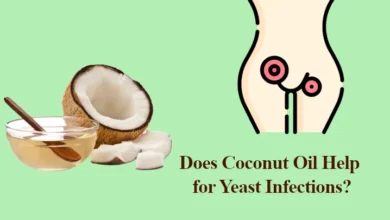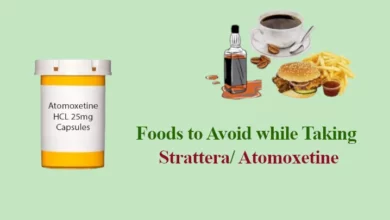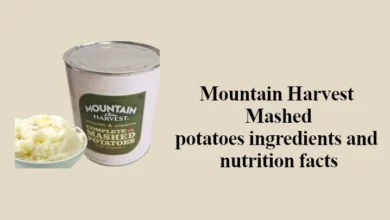Onion and Kidney Disease: Is Onion Good for Kidney Disease?
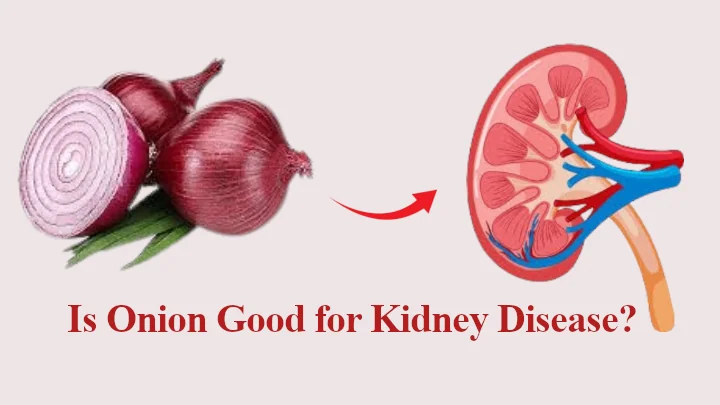
Kidney disease is a prevalent health issue that affects millions of people worldwide. It’s crucial for those with kidney disease to maintain a balanced diet to manage their condition effectively.
One food that often comes under discussion in the context of kidney health is the humble onion. This article explores the relationship between onion consumption and kidney disease.
Is Onion Good for Kidney Disease?
Yes, Onion is good for kidney disease. Onions are a staple in many cuisines around the world, valued for their unique flavor and potential health benefits. They are low in calories yet high in vitamins and minerals, including vitamin C, folate, vitamin B6, and potassium.
Onions also contain antioxidants and compounds that fight inflammation, which can benefit overall health.
Benefits of Onions for Kidney Disease
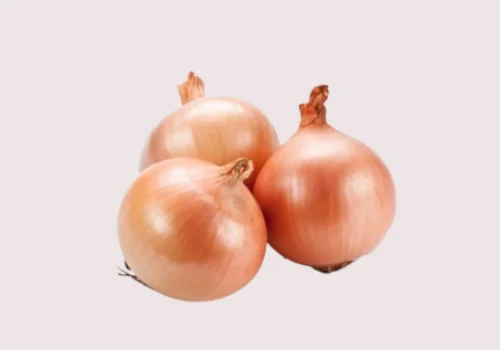
1. Antioxidant Properties
Onions are rich in antioxidants, particularly quercetin, which is known for its anti-inflammatory, antiviral, and anticancer properties.
Antioxidants help protect the body’s cells from damage by free radicals, potentially reducing the risk of chronic diseases, including kidney disease.
2. Blood Pressure Regulation
High blood pressure is a common cause of kidney disease. Onions contain compounds that may help lower blood pressure, potentially reducing the risk of kidney damage.
3. Low in Potassium
For those with kidney disease, managing potassium levels is crucial as the kidneys may not be able to remove excess potassium from the blood efficiently.
Onions are low in potassium compared to other fruits and vegetables, making them a safer choice for a kidney-friendly diet.
4. Risks and Precautions
While onions have potential benefits for kidney health, they should be consumed as part of a balanced diet. Overconsumption of any food can lead to health issues.
For those with kidney disease, it’s essential to consult with a healthcare provider or a dietitian before making significant dietary changes.
Are onion rings good for kidneys
Onions themselves have potential health benefits, including for kidney health, the process of turning them into onion rings significantly alters their nutritional profile.
The deep-frying process adds a substantial amount of unhealthy fats and calories to the onion rings, and any added salt can increase sodium levels, which is not ideal for kidney health. so onion rings are not good for kidneys.
Are green onions good for kidneys
Yes, Green onions are good for kidneys. Green onions, also known as scallions, can be beneficial for kidney health due to their nutritional profile. They are low in potassium, which is crucial for individuals with kidney disease who need to manage their potassium levels.
Furthermore, green onions are rich in antioxidants, including vitamin C and quercetin, which can help protect the body’s cells from damage.
They also have a low sodium content, which is beneficial for maintaining healthy blood pressure levels, a key factor in kidney health.
Conclusion
Onions can be a healthy addition to the diet of individuals with kidney disease, thanks to their antioxidant properties, potential blood pressure-lowering effects, and low potassium content.
However, they should be consumed in moderation and as part of a balanced diet. Always consult with a healthcare professional before making any significant changes to your diet.
Remember, managing kidney disease involves more than just diet; it also includes regular exercise, medication, and regular check-ups with your healthcare provider.

